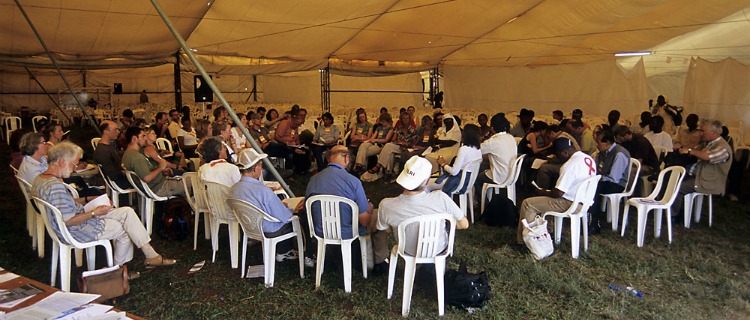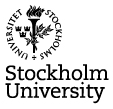
Dr. Nick Winder on systematics and system dynamics
Dr. Nick Winder will on Friday 22 February hold the seminar “Life after Linnaeus: Systematics and System Dynamics in a Complex World".
Younger post-modernists seem to believe the world is a safer place because academics do not use language systematically. That is interesting, because there is not much else these communities agree about. Natural scientists and humanists tend to think on different spatio-temporal scales and this creates an auto-correlation between disciplinary structures and position in the administrative hierarchy.
Tensions between regional, national and supra-national institutions and tensions between academic communities are artefacts of the same subsidiarity problems. It is conceivable that the rejection of systematics and tensions about subsidiarity are connected in some way. This seminar will build a few bridges between systematics and system dynamics and use them to explore socio-natural complexity.
In Linnaean systematics, the species are fixed and universal. From the early 19th century onwards, however, we began to believe that they were mutable. Yet Linnaean taxonomy did not disappear and the (morpho) species concept remains indispensible.
Instead, we re-built the foundations on which western science stands to accommodate a complex world - one in which taxonomies can be fixed on one spatio-temporal scale and mutable on another.
About Dr. Winder
Dr Nick Winder is Principal Research Associate Institute for Policy & Practice at Newcastle University.
He was an amateur naturalist who took a year off work to study science-based and systems archaeology in 1980 and got hooked. He spent ten years studying complex data structures and space-time confounding in archaeology.
In early 90s he was working on natural and anthropogenic degradation in the Mediterranean. His research focus shifted to policy-relevant work and contemporary cultural ecodynamics.
He is an expert on the management and sociology of integrative socio-natural science.
Time and place
Friday, February 22, 2008, 13.30-14.30
Place
Linné Hall, the Royal Swedish Academy of Sciences,Lilla Frescativägen 4, Stockholm
Vacancies | Contact | Environmental policy | Cookies
Stockholm Resilience Centre
Stockholm University, Kräftriket 2B | Phone: +46 8 674 70 70 | info@stockholmresilience.su.se
Organisation number: 202100-3062 | VAT No: SE202100306201


